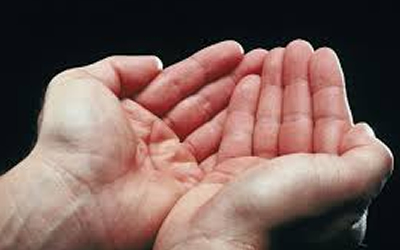Dealing with Uncertainty
Life is filled with risk and uncertainty. It’s all around us. Everyone experiences some type of risk or uncertainty on a daily basis, whether it’s wondering if the day is going to go as planned, worrying about the kids coming home safely, or hoping that a loved one stays in your life rather than dealing with the pain of a break up.
Why is it hard to deal with uncertainty?
As human beings, we are naturally wired to want connection, attachment, and safety. Our big human brains watch out for harm, and search to organize how we understand our lives in order to feel safe.
You have probably heard of “the comfort zone”. You probably have one! The problem is that the comfort zone is not so comfortable. It’s usually a place that is uncomfortable yet familiar. As human beings, we like “familiar”. It feels safe because it is predictable.
Personal growth is usually uncomfortable and comes from a place of uncertainty. It can require the release of old ways of thinking and feeling, and old ways of how a person once understood the world around him.
The process of change is normally accompanied by the fear of the unknown. There is a sense of empty space that must be filled by something, which is often quickly occupied by self-doubt, fear of failure, fear of discomfort or pain, and even of sense of loss over what one used to think was right….where all the answers once lived.
How to Cope….Where are the Answers?
A New Template
A template, in this context, is a mental map of understanding and organizing the self and its surroundings. Basically, your world view and how you think about your sense of self, your values, your relationships, and how you find meaning in your life.
You cannot use an old template that came from old ways of thinking in order to emerge into healthier habits and patterns.
Your new template must contain the map of where you are now, and the things that you are learning about yourself. It must contain the things that you have come to know about yourself, such as your values. These values may include (for example) health, wellness, responsibility, trust, and self-actualization.
Self-actualization is the process of becoming your own true self, and living to your own fullest potential. It means that you can start to trust yourself about certain areas of your own personal health and well-being, and continue to build upon that.
Using the Open Hand
In Buddhism, there is the practice of the Open Hand in which one understands that the hand must be open to both give and receive.
Know that as you process your uncertainty, the release of the old template that contained your doubts, fears, and negativity will make space for your ability to receive the joy, happiness, and peace of mind that comes from using the new, healthier template.
AND…..in that process……what you can trust is that your hands are always there to release and receive.
You are always with yourself in your own journey of growth.
Each person is responsible for healing himself, even when the hurts from the past may have been caused by others.
No one can heal another person.
It is the love and support that we provide to each other that gives us the strength to move forward with courage and become whole.
The answers will come in their own time.
Stay with your breath. Stay with yourself.
Place your trust in the only things you really have control over, which are your thoughts, emotions, words, and actions.
Namaste

